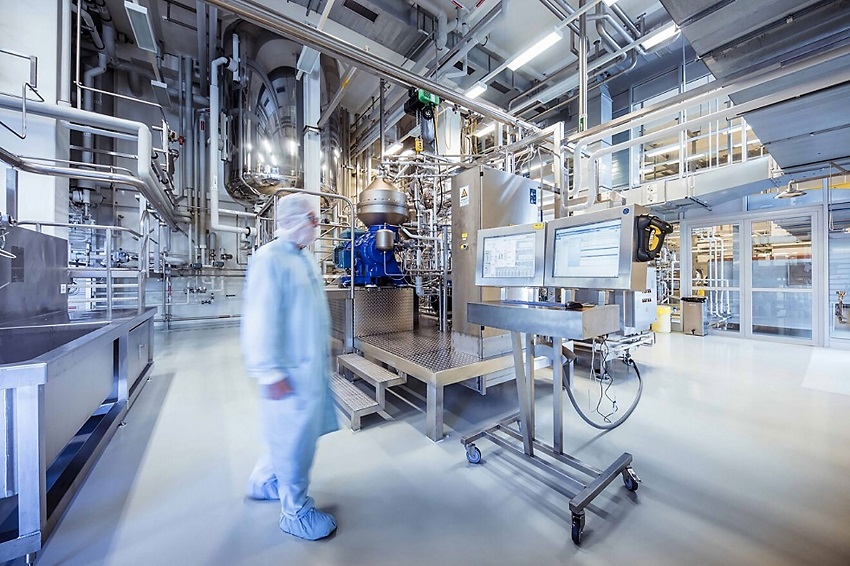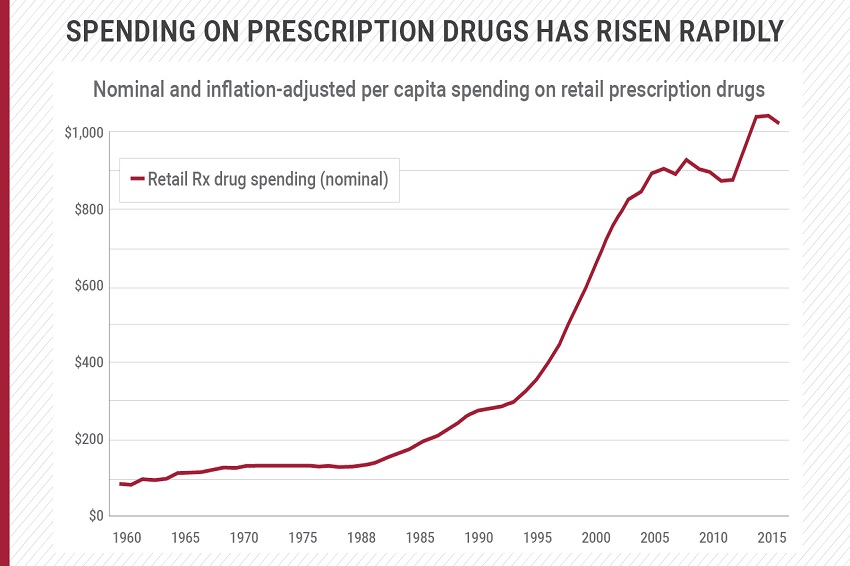
Introduction
The field of pharmaceutical development is continuously evolving, driven by scientific breakthroughs and technological advancements. Current research efforts are focused on discovering new therapies that address unmet medical needs and improve patient outcomes. This article explores some of the most promising areas of research in pharmaceutical development.
Targeted Therapies and Precision Medicine
One of the most exciting areas in pharmaceutical development is the rise of targeted therapies and precision medicine. These approaches aim to tailor treatments to individual patients based on their genetic, environmental, and lifestyle factors. By understanding the molecular mechanisms of diseases, researchers can develop drugs that specifically target the underlying causes, leading to more effective and less toxic treatments.
For instance, in oncology, targeted therapies such as kinase inhibitors and monoclonal antibodies have revolutionized cancer treatment by directly attacking cancer cells while sparing healthy tissues. Advances in genomic sequencing and biomarker identification are further enhancing the ability to match patients with the most appropriate therapies.
Immunotherapy
Immunotherapy is another groundbreaking area of research, particularly in cancer treatment. This approach leverages the body's immune system to fight diseases, including cancer. Immune checkpoint inhibitors, such as PD-1 and CTLA-4 inhibitors, have shown remarkable success in treating various types of cancer by blocking proteins that prevent the immune system from attacking cancer cells.
Additionally, CAR-T cell therapy, which involves modifying a patient's T cells to recognize and attack cancer cells, has demonstrated significant efficacy in certain hematologic cancers. Ongoing research is exploring ways to expand the use of immunotherapy to solid tumors and other diseases.
Gene Therapy
Gene therapy holds immense potential for treating genetic disorders by correcting or replacing faulty genes. Recent advancements in gene editing technologies, such as CRISPR-Cas9, have opened up new possibilities for precise and efficient genetic modifications. These technologies can potentially cure conditions that were previously considered untreatable, such as certain types of inherited blindness and muscular dystrophy.
Researchers are also investigating the use of gene therapy to target cancer, cardiovascular diseases, and neurodegenerative disorders. While there are still challenges to overcome, including delivery methods and long-term safety, the progress in this field is highly promising.
Regenerative Medicine
Regenerative medicine focuses on repairing or replacing damaged tissues and organs, offering hope for patients with conditions that currently have limited treatment options. Stem cell research is at the forefront of this field, with the potential to generate healthy cells, tissues, and even organs for transplantation.
Clinical trials using stem cells are underway for a variety of conditions, including spinal cord injuries, heart disease, and diabetes. Additionally, tissue engineering and 3D bioprinting technologies are advancing the creation of functional tissues and organs in the laboratory, which could revolutionize transplantation and regenerative therapies.
Artificial Intelligence and Drug Discovery
Artificial intelligence (AI) is transforming the pharmaceutical development process by accelerating the identification of potential drug candidates and predicting their efficacy and safety profiles. Machine learning algorithms can analyze vast amounts of data, including genetic information, chemical structures, and clinical trial results, to identify promising compounds and optimize drug design.
AI-powered platforms are being used to repurpose existing drugs for new indications, identify novel drug targets, and streamline clinical trial processes. The integration of AI with pharmaceutical development has the potential to significantly reduce the time and cost associated with bringing new therapies to market.
Conclusion
The field of pharmaceutical development is experiencing a period of rapid innovation, with numerous promising research avenues offering the potential to revolutionize healthcare. From targeted therapies and immunotherapy to gene therapy and regenerative medicine, these advancements are paving the way for more effective and personalized treatments. As research progresses, the hope is that these breakthroughs will translate into tangible benefits for patients, improving outcomes and quality of life.






Leave a Reply
Your email address will not be published. Required fields are marked *